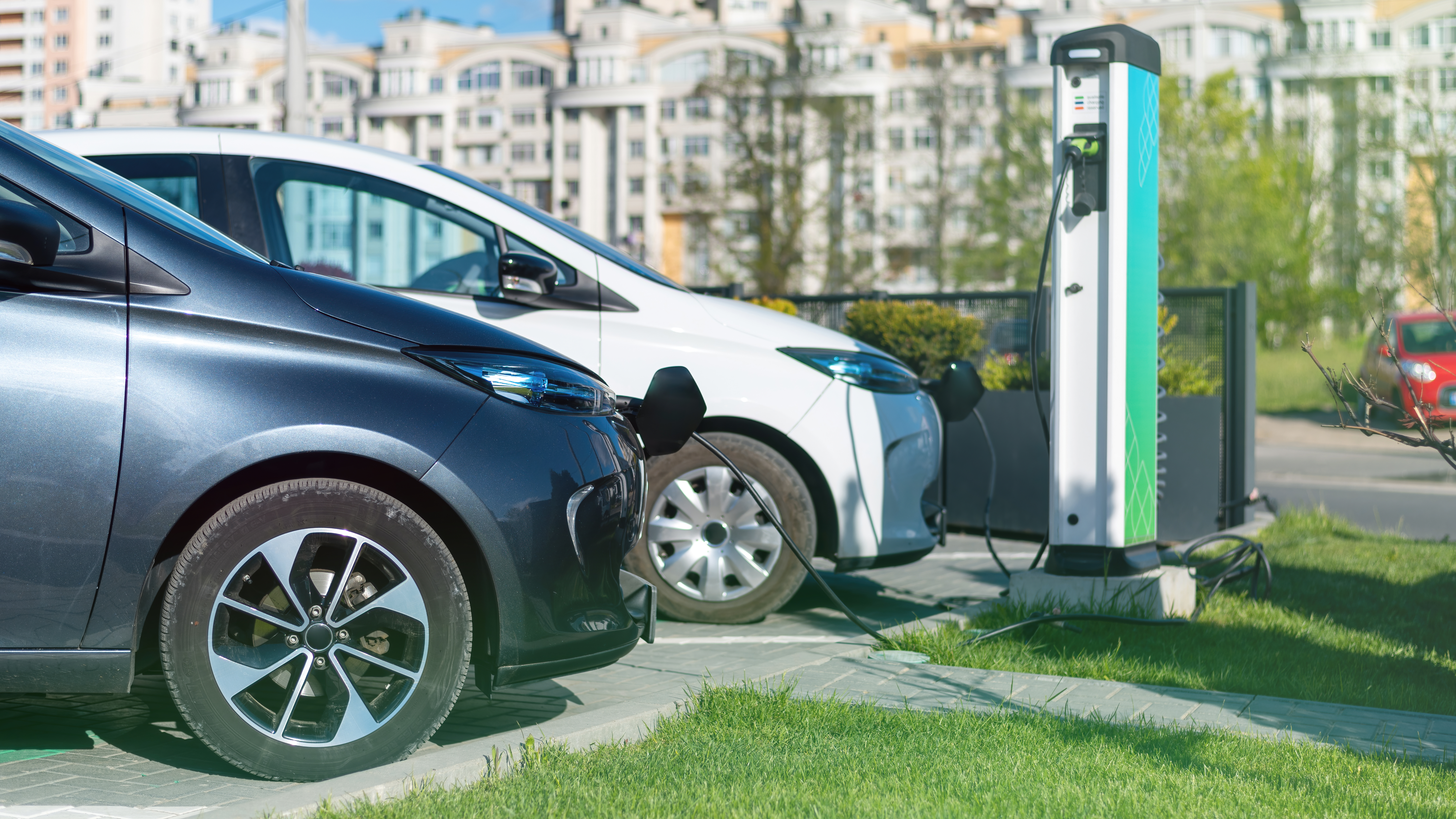Exploring the Future of Autonomous Vehicles: Lessons from Japan's Advanced Testing Grounds

Countries at the forefront of autonomous car technology are frequently highlighted as we stand on the cusp of a transportation revolution. Among them, Japan has taken the lead, using its state-of-the-art testing facilities to set the stage for a time when self-driving cars will be more than just a theory. This blog will examine the noteworthy advancements Japan is making in the field of autonomous vehicles and offer insights that may influence the direction of transportation worldwide.
Japan's dedication to innovation is ingrained in both its technological innovations and culture. The nation is a logical choice for the development of autonomous vehicles because it has long been a pioneer in automation and robotics. Engineers and developers are now able to test their products in real-world settings in cities like Tokyo and Toyota City. These locations provide a distinctive fusion of rural and urban environments, enabling thorough testing that takes into account a range of driving circumstances.
The focus on teamwork is one of the most important takeaways from Japan's approach to testing autonomous vehicles. Together, local governments, tech companies, and Japanese automakers have established a unified ecosystem that fosters the advancement of self-driving technology. Significant improvements in efficiency and safety have resulted from this partnership, which has also created an atmosphere that encourages innovation. Stakeholders can accelerate the development and implementation of autonomous cars by cooperating to exchange knowledge, resources, and experience.
When it comes to driverless vehicles, safety is crucial, and Japan has advanced significantly in this field. To guarantee that autonomous cars can maneuver through intricate metropolitan settings without endangering public safety, the nation has put strict safety laws and testing procedures into place. For example, before their vehicles can be tested on public roads, manufacturers must follow a set of rules imposed by Japan's Ministry of Land, Infrastructure, Transport, and Tourism. In addition to fostering public confidence, this legal framework establishes a benchmark from which other nations might draw when creating their own laws pertaining to autonomous vehicles.
Furthermore, people working on autonomous driving technology can learn a lot from Japan's particular traffic situations. Japan has a variety of problems that can aid in improving the algorithms and sensors used in self-driving cars, including its congested cities, winding highways, and intricate crossings. Japanese automakers are addressing these issues head-on and producing automobiles that can operate dependably in a variety of settings. This flexibility is essential because, once they are implemented internationally, driverless cars will have to handle a variety of situations.
Japan's emphasis on societal impact and public acceptance is another facet of its approach to autonomous vehicles. The Japanese government and auto industry are aware that public trust is necessary for autonomous vehicles to become widely used. They have done this by funding educational initiatives that tell the public about the advantages of self-driving technology, which range from fewer traffic accidents to more mobility for the elderly and disabled. Japan is attempting to allay public concerns and misunderstandings about driverless vehicles by encouraging an open dialogue with the public, setting the stage for broad acceptance.
Japan is also looking into creative ways to incorporate driverless cars into its current transportation infrastructure. For example, the idea of "mobility as a service" (MaaS), in which self-driving cars collaborate with public transit to provide a smooth travel experience, is becoming more and more popular. In addition to improving consumer convenience, this integration supports a more environmentally friendly form of transportation. Urban planners and environmentalists alike support Japan's efforts to reduce traffic congestion and carbon emissions by lowering reliance on personal vehicles.
Japan's cutting-edge testing facilities are establishing a standard for the worldwide autonomous car market as we look to the future. Other countries can use the lessons they've gained from their joint efforts, strict safety rules, flexibility in responding to traffic, emphasis on public acceptance, and integration with current transportation systems as a guide. Adopting these tactics will enable nations all around the world to build autonomous vehicles more quickly, which will eventually result in safer, more effective, and sustainable transportation networks.
To sum up, the future of autonomous cars depends not just on technology but also on how communities decide to accept and incorporate these advancements into daily life. Japan's innovative work offers insightful information that can help the world community negotiate this shift. We can all work toward a time when autonomous cars are a common sight on our roads, improving mobility and revolutionizing how we travel, by taking inspiration from Japan's cutting-edge testing facilities.


